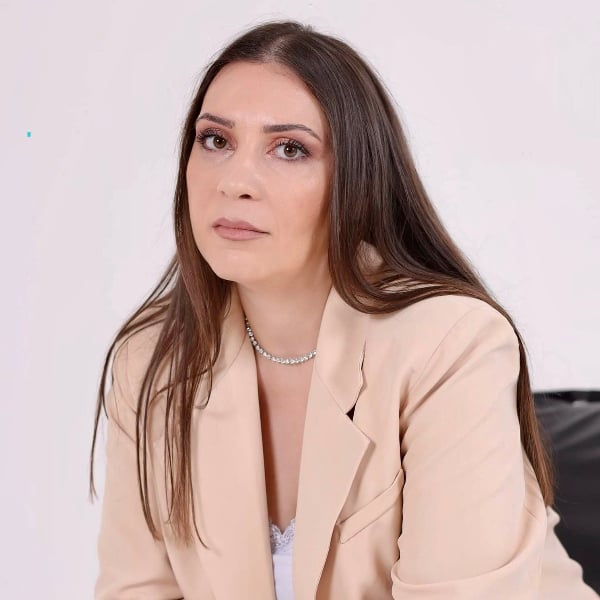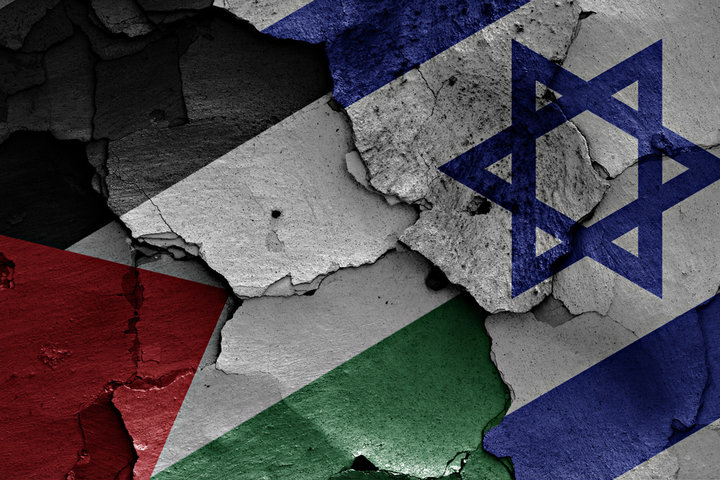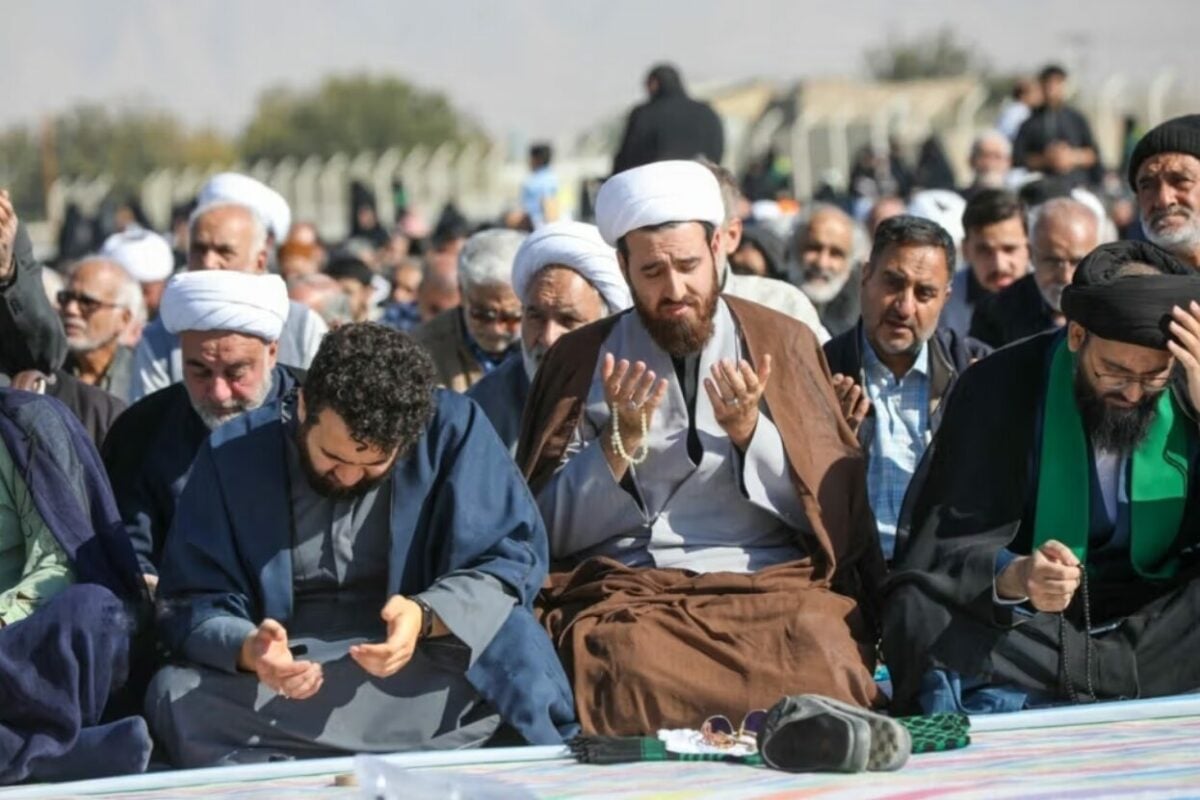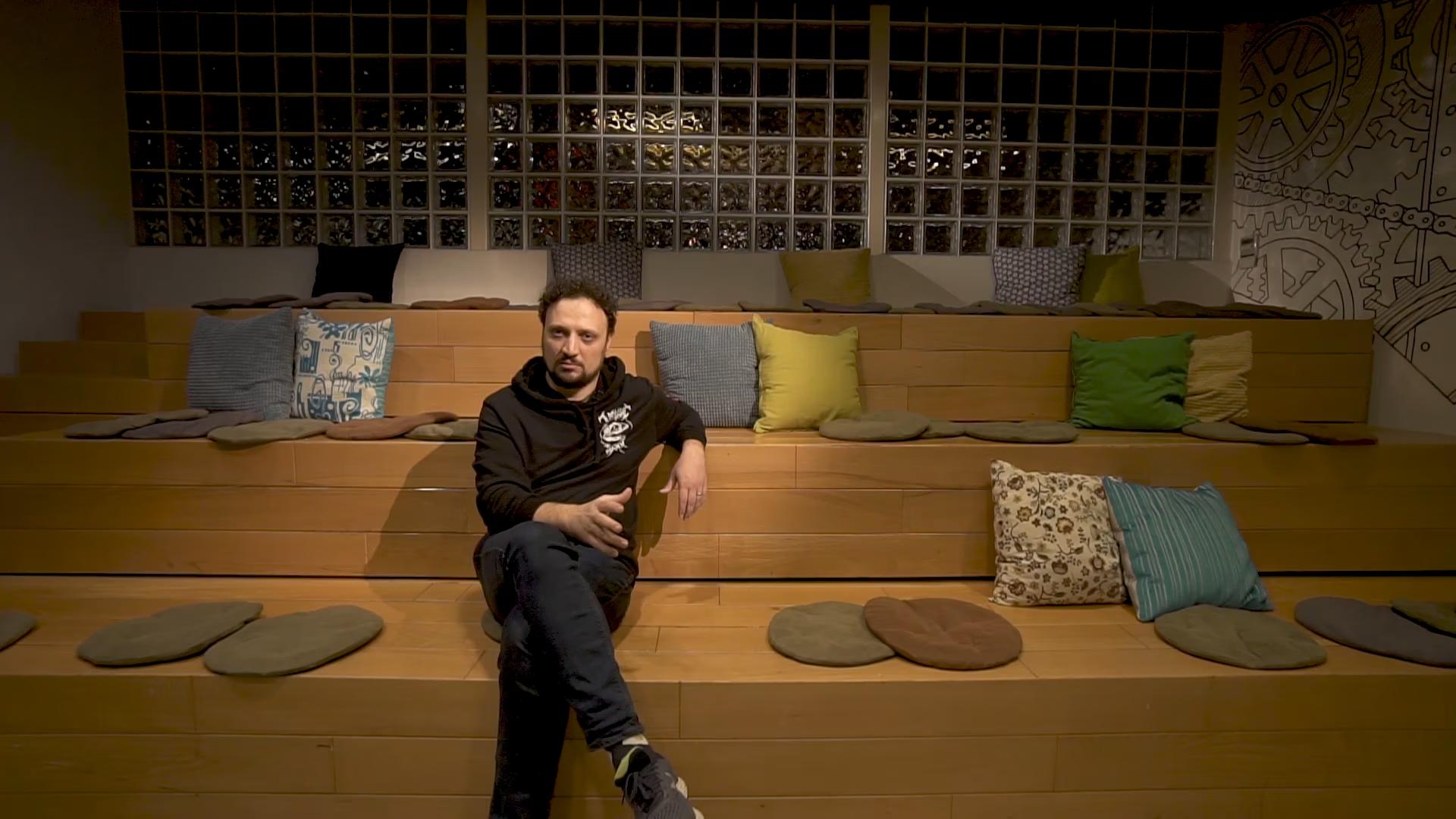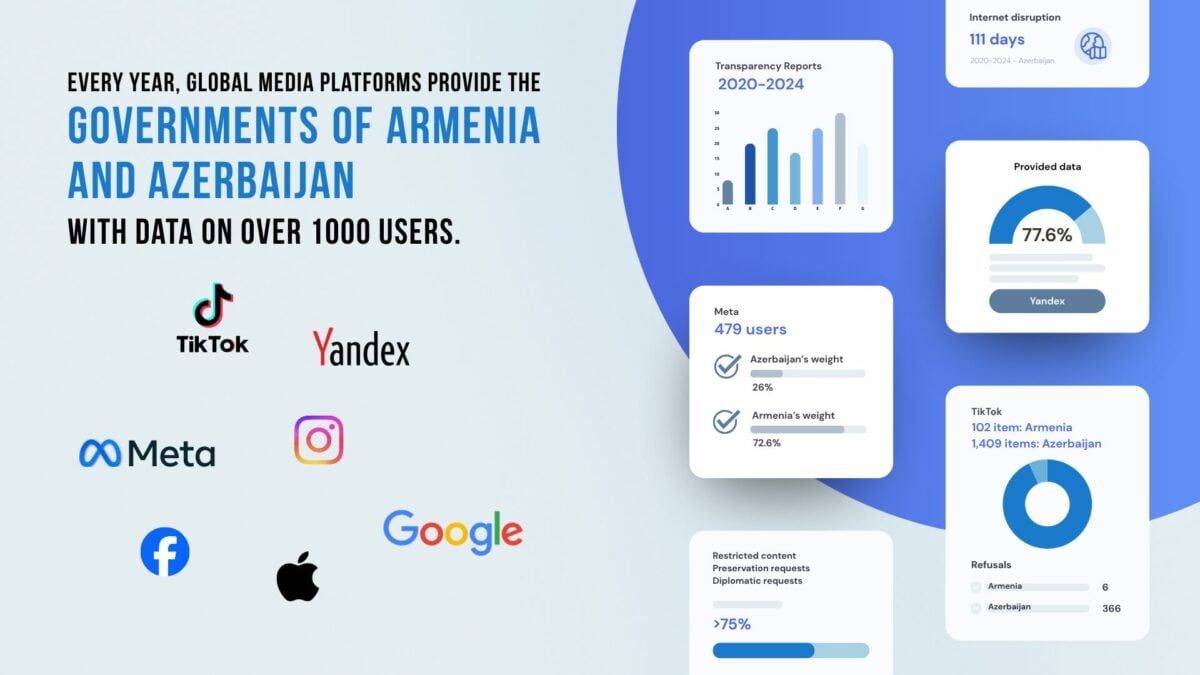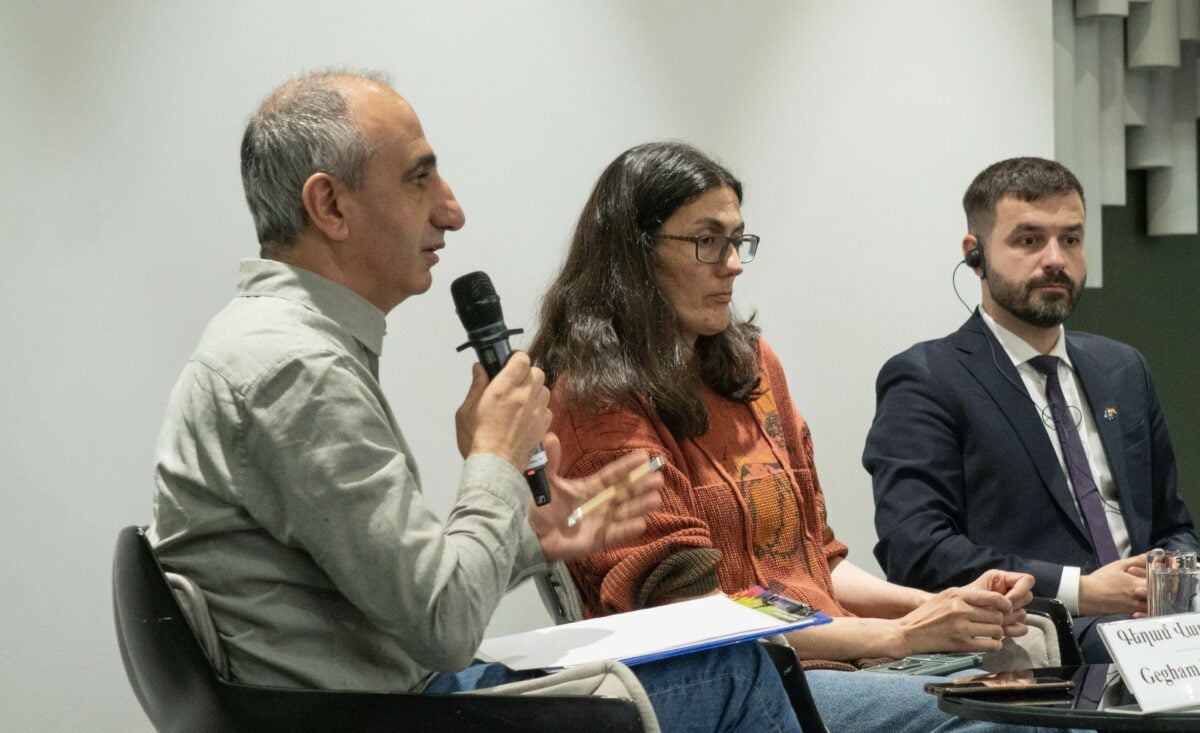The conflict between Palestine and Israel is not restricted to the physical battlegrounds but is also fought on the information front. Not only the media of the parties involved but also the international press are actively participating in this war. According to experts, this current escalation differs from previous ones as a significant amount of disinformation is being spread.
According to Armenian orientalist Armen Petrosyan, the Israeli press has waged a severe information war throughout the conflict and is now acting more aggressively in an attempt to solve larger global issues.
The Israeli media is currently conducting a propaganda campaign to dispute Palestine’s status as a state. Previously, there was a global consensus that this conflict should be resolved amicably for the benefit of both countries. However, Israel rejected this approach and is now capitalizing on the current situation to convince the world that Palestine is not a legitimate state. There is an ongoing attempt to eliminate the term “Palestinian-Israeli war” from the vocabulary. Instead, the media presents it as a war against Hamas, labeling them as a terrorist group that commits genocide. This perspective is gaining international consensus due to its portrayal in the Israeli press. Regardless of whether Hamas’ actions were justified or not, the international community is increasingly viewing the situation as an act of terrorism, according to Armen Petrosyan.
The Israeli press often portrays Palestinians as terrorists, leading to a widespread misunderstanding of the conflict.
“Hamas is an organization that has established control over Gaza. Palestine lacks the institutional capacity for self-defense, leaving individuals and groups responsible for both attacks and defense. From a young age, these individuals are imbued with the belief that their mission in life is to harm Israelis. They seek vengeance on a personal level, resorting to methods like driving a vehicle into a group of Israelis or using knives to settle disputes. While Hamas may consider these actions successful in causing significant damage and tarnishing the reputation of the Israeli army, they will undoubtedly face grim consequences, as these actions invariably harm innocent civilian populations,” he explains.
Israel expert Sergey Melkonyan agrees there was no disinformation campaign of this magnitude and intensity in the media and social networks during previous escalations.
A significant instance of false information jolted the civilized world. Images depicting Palestinian fighters allegedly slaughtering children were disseminated, and journalists were taken to the scene to reveal the alleged atrocity. However, it later emerged that these claims were unfounded. One journalist asserted they were never provided with evidence or visual proof of such events.
“Officials are also implicated in disseminating disinformation. A high-ranking Israeli diplomat, working closely with media representatives, publicly declared their intent to escort journalists to the village to display the purportedly beheaded children. However, when the visit occurred, no such evidence was presented. This incident is not isolated; another well-known image depicts children behind bars. It was claimed that Palestinians had captured them, but actually, that image was taken in Syria,” explains the Israeli expert.
He notes that it is no coincidence that fake news centers around children, pregnant women, and the elderly; this promotes hatred for the Palestinians.
“The Israeli media is currently making concerted efforts to portray Palestinian fighters as inhumane, often resorting to demeaning terms like “man-eaters” and “head-eaters.” At the highest echelons, they go so far as to dehumanize Palestinians. These videos and photos tend to spread rapidly, especially on social media, further fueling the Israeli propaganda machine,” commented Sergey Melkonyan.
Armen Petrosyan and Sergey Melkonyan recommend consulting Arabic media sources such as Al-Arabia, Al-Mayadi, and Al-Jazeera to gain a relatively objective understanding of the situation. Hayk Kocharyan adds that Arab media tend to be more pro-Palestinian, mainly because they have correspondents on the ground in Gaza, allowing them to provide an insider’s perspective that others may lack.
According to Armen Petrosyan, Armenian media lacks knowledge of the problem.
“Iran supports Hamas. When our media portrays Hamas as a terrorist group, it creates an issue for Iran, potentially positioning us as sympathetic to Israel; this is why it’s crucial to be mindful of our choice of vocabulary and use more neutral terms. The actions of Hamas stem from an imbalanced power dynamic since they lack a formalized military force. As I mentioned, individuals engage in these struggles, fighting for what they perceive as justice to establish their state. In light of this, referring to them as an Islamic radical organization might be more appropriate. The key here is objectivity, leaving the categorizations to the relevant parties,” elaborates Armen Petrosyan.
Sergey Melkonyan observes that when local media endeavors to maintain neutrality and include expert opinions in their coverage, a different perspective often emerges in social networks.
“Our Armenian users frequently share videos on social networks depicting Palestinians destroying Israeli weapons or capturing Israeli soldiers; this is closely tied to the Israel-Azerbaijan relationship. People are guided by the principle of ‘the friend of our enemy is our enemy,’ and they openly express a sense of satisfaction when they perceive the Israeli army as vulnerable,” remarks Melkonyan.
Tigranuhi Martirosyan
